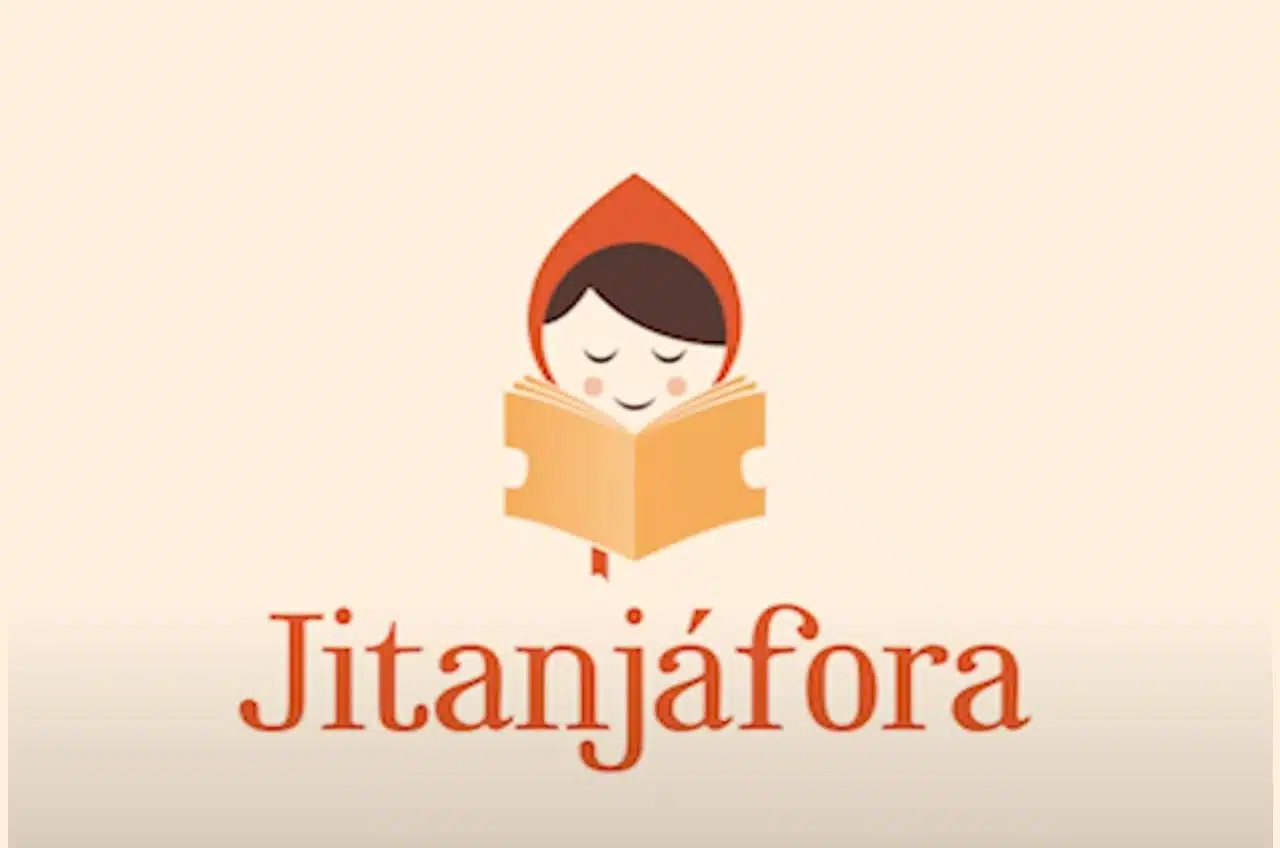
Jitanjáfora combines real and invented words, prioritizing their sound.
A gibberish is a text that has no meaning , although it stands out for its aesthetic relevance through its sound .
The term was coined by Cuban writer Mariano Brull in a 1929 poem, made up of many meaningless words. Years later, Mexican writer Alfonso Reyes took up the term to name statements with the aforementioned characteristics. Note that the word "jitanjáfora" itself is a creation of this type, since it has no specific meaning in any language.
Combined words
Jitanjáforas often combine invented and real words , and can evoke different issues while acquiring meaning as a whole. In any case, their importance lies in the phonic aspect.
In addition to being present in popular poetry manifestations, jitanjáforas appear in works by authors such as the Mexican Sor Juana Inés de la Cruz , the Spaniard Lope de Vega , the Guatemalan Miguel Ángel Asturias and the Argentinean Alejandra Pizarnik . In addition, the Dadaists and members of other avant-garde movements experimented with this type of literary construction.
Jitanjáforas are often found in poems , songs and children's games. They can also appear in other types of musical themes thanks to the musicality, such as "Aserejé" by the Spanish band Las Ketchup (where the words are a phonetic translation into Spanish of an English hip hop composition).
It can be said that gibberish does not aim at reason nor seek to be useful: its purpose is to provoke sensations. That is why it is linked to playfulness and fantasy .
Importance of sounds
The sounds of words are a very important part of our language, beyond semantics, grammar and other aspects more typical of academia. Jitanjáfora takes advantage of this to enhance education. We know that in everyday speech we do not always follow all the rules of the language, but that does not usually prevent us from reaching others through oral communication in an effective way, and we achieve this largely thanks to the power of sounds.
Depending on the region, consonants such as Z and S may or may not have different pronunciations, but even if we make a mistake, our interlocutors always understand that we mean “I am in my house ” and not “in my house .”
Even with a level of interference that prevents us from understanding the words clearly, intonation can lead us to successfully decode the message. This is why gibberish is so important in education, because it focuses on sounds over meanings , but manages to create in the unconscious a particular meaning that each child links in an unbreakable way to songs and games.
Mar del Plata civil association
Jitanjáfora , finally, is the name of a non-profit civil association based in Mar del Plata ( Argentina ). This organization is dedicated to promoting reading and writing through different activities.

The Mar del Plata civil association Jitanjáfora promotes the importance of reading and writing.
The history of this association dates back to the end of the 20th century, when Elena Stapich, Romina Sonzini and Mila Cañón began to think about a problem that is still common today: most children do not feel a strong attraction to reading , they grow up oblivious to the infinite universes that literature can offer them and thus reach adulthood, to occupy positions of such responsibility as teaching.
A teacher who does not feel such a passion for books cannot awaken it in his students either , and so the cycle that Stapich, Sonzini and Cañón decided to combat since 1999 with more than twenty different strategies continues, until they finally came up with the idea of founding the Jitanjáfora association. In addition to teaching, the role of librarian is another that is often occupied by people without a strong link to literature, and this also caught the attention of the group as an alarming feature of education that needed to be corrected as soon as possible.
